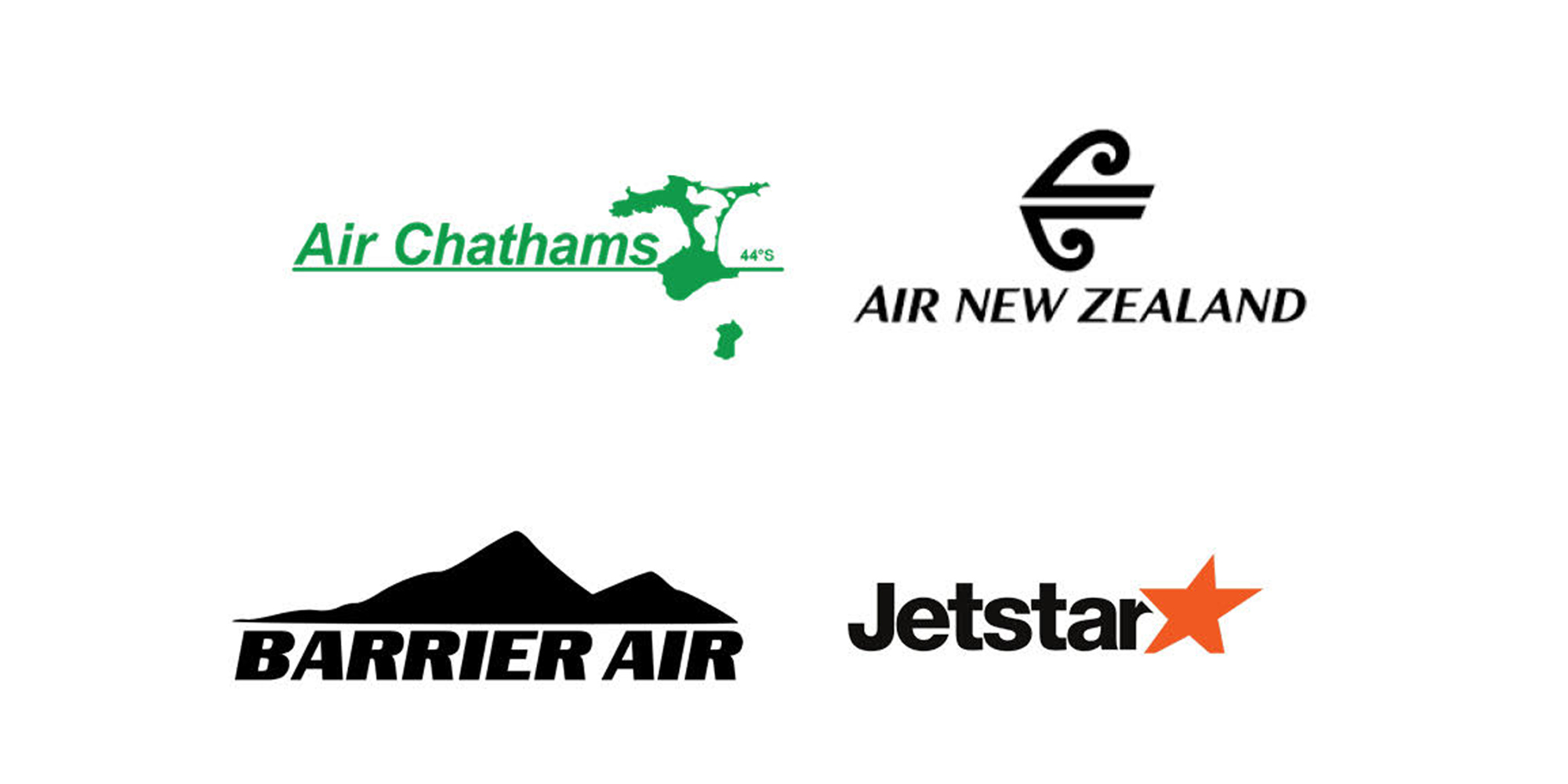Domestic airlines operating from Auckland Airport have today welcomed the draft findings of the Commerce Commission’s report on the latest Price Setting Event 4 (PSE4, which covers the period 2023 to 2027). Price setting events are the process by which the three major airports in New Zealand set their prices.
- Joint statement from domestic airlines Air Chathams, Air New Zealand, Barrier Air and Jetstar
- Commerce Commission report into airport charges highlights Auckland International Airport Limited (AIAL) pricing is costing Kiwis
- Domestic airlines call for AIAL to right-size the redevelopment plan
- Makes the case for the Government to commence independent inquiry into airport regulation
Today’s report shows that Auckland Airport is targeting excess profits between $193.4 million and $226.5 million over PSE4. The Commerce Commission previously found that Auckland Airport was targeting excess profits of $53m in PSE3 (2018 to 2022). When airports make excessive profits, it’s ultimately airline passengers who are paying.
Domestic carriers have expressed concern for some time about the scale and cost of the current Auckland Airport redevelopment, which would ultimately leave the travelling public footing the bill and domestic travel becoming less affordable for many.
While the Commerce Commission’s draft suggests that the investment in Auckland Airport’s development may be appropriate, this is not a view shared by many of AIAL’s aeronautical partners and that will be a strong feature of the response to this draft report.
Domestic carriers believe the current regulatory regime is not in the best interests of New Zealand consumers. AIAL is currently only required to consult with airlines, but it doesn’t need to reach any agreement.
Domestic airlines are calling on the Government to urgently commission an independent inquiry into airport regulation. This can be conducted under s56G of the Commerce Act, at the Minister’s direction.
The Commission has a menu of regulatory options to keep regulated airports under control. These include steps that require airports to negotiate with their airline customers on a commercial basis, go to arbitration if that fails, or the regulator can set the price and quality of their service.
These options do not require new laws to be passed, so it’s not a case of more red tape or government intervention – airlines are simply asking the Commission to use its existing inquiry power to determine which regulatory option will deliver more control over airports and, therefore, better value for consumers.
Air Chatham’s Chief Operating Officer Duane Emeny said, “An inquiry into airport regulation is a crucial opportunity to establish a regulatory environment that more effectively protects consumers and ensures that airport investments are made responsibly and affordably.
Air New Zealand Chief Executive Greg Foran said, “New Zealanders are in the midst of a cost of living crisis and businesses are cutting costs, the last thing they need is for more costs to be piled onto travel because Auckland Airport isn’t acting in the best interests of New Zealanders.
“We agree some development is needed, but we’re ready to get back to the table with Auckland Airport to ensure that the airport has an affordable and enduring plan that helps connect New Zealanders with each other and the world. The right regulatory framework will allow us to do that.”
Barrier Air CEO Grant Bacon said, “The currently proposed redevelopment at Auckland Airport still has turboprops in another terminal, meaning smaller carriers and regional passengers need to walk to another terminal and get very little from the large-scale development, but we’ll still be paying for it. There is also no new runway factored in to the large spend.”
Jetstar Group CEO Stephanie Tully said, “As a low cost carrier, Auckland Airport’s proposed redevelopment would result in steep increases to passenger charges, impacting demand for air travel and our ability to offer the low fares we know Kiwis really value.”









